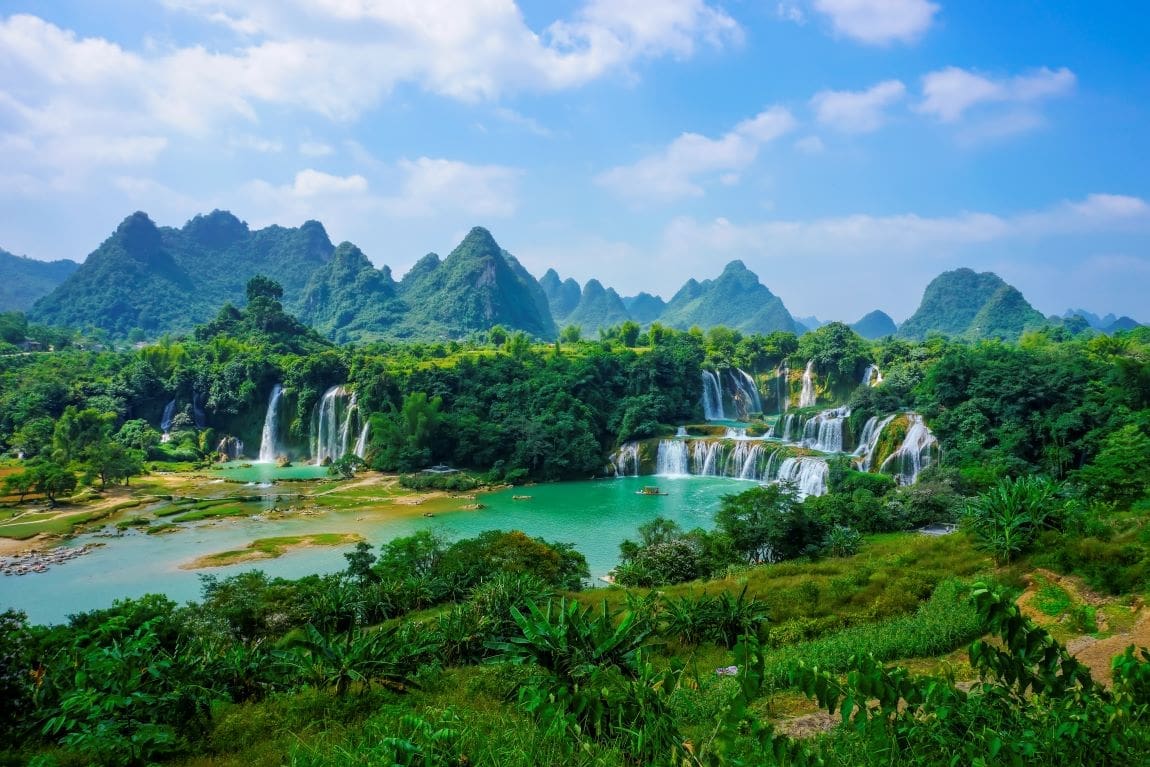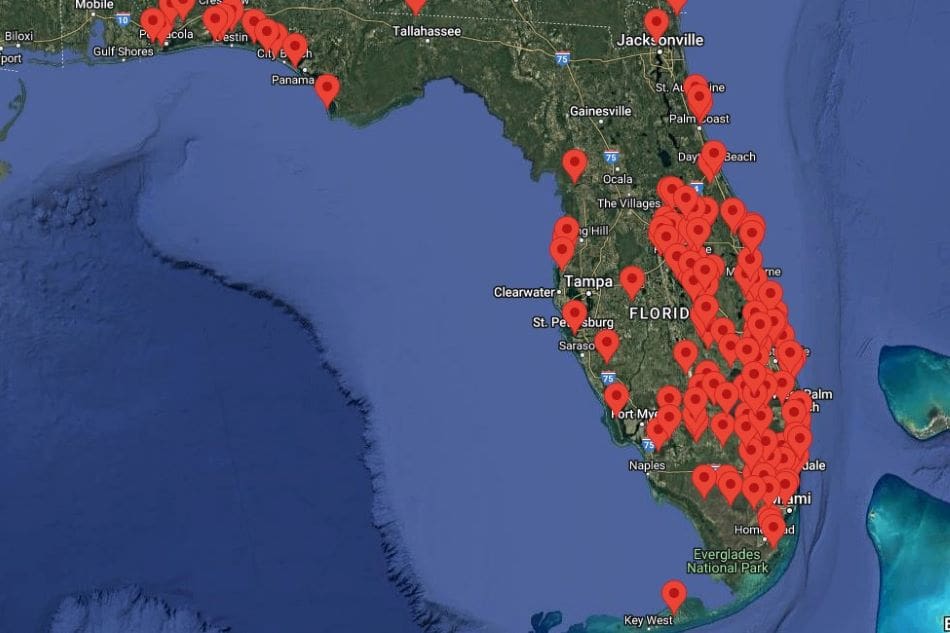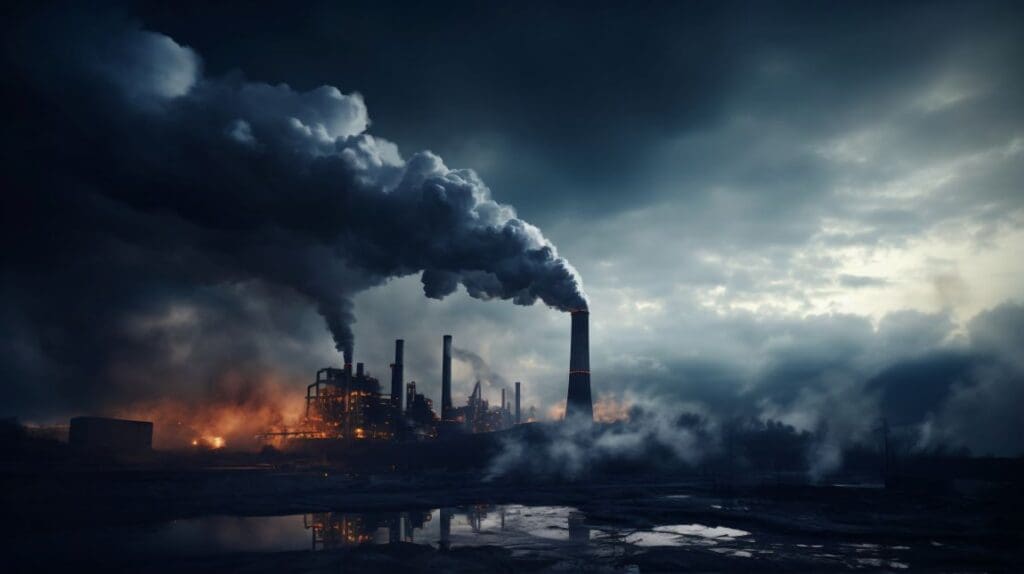By Trang Nguyen and Luke Brown, Climateworks Centre, Melbourne
Climate change remains the most urgent and complex challenge the Indo-Pacific region faces.
Nowhere on Earth is more vulnerable to the impacts of human-induced warming and yet, climate action is the only area in our region where progress toward the UN Sustainable Development Goals (SDGs) went backwards over the past decade. Despite challenges to Australia’s progress, the country’s strong education sector has a critical role to drive decarbonisation in the region.
At the ASEAN special summit in Melbourne this March, the leaders’ declaration made it clear that tackling climate change is an area where Australia’s interests converge with its neighbours.
Australia has obvious reasons to decarbonise, as a country which has felt the wrath of extreme weather, but also is becoming more reliant on green exports from Southeast Asia’s manufacturing powerhouses for technology such as solar panels and batteries.
But collaboration across borders is tough and to do it well, Australia would be well served to look to its strengths — such as its education sector. Since the 1950s, generations of Southeast Asian leaders have studied at Australian universities.
In its Southeast Asia Economic Strategy, released in September 2023, the Australian government cites the need to develop strategy and science that works with “regional counterparts on technical challenges to meet net zero” and to “support industry and education and training providers to develop and promote green qualifications for the Southeast Asian market.”
Climateworks Centre and Asialink, operating out of Monash University and The University of Melbourne respectively, are working together to demonstrate how Australia’s education sector could help enable the low carbon economic transition in Southeast Asia.
Vietnam is emerging as a vital producer of the decarbonisation technologies that will power the transition. But Vietnam also faces the complex task of decarbonising its own energy generation amid rapid economic growth.
Despite this, just six of Vietnam’s 460 universities offer specialised programs in renewable energy systems, highlighting a demand mismatch which Australia could help resolve.
Vietnam has already experienced the highest level of renewable jobs growth in the region, following the boom period of solar in 2020. It has the highest level of renewable uptake in Southeast Asia. Yet Vietnam’s green economy transition necessitates a workforce equipped with specialised skills tailored to emerging industries.
The ASEAN Centre for Energy forecasts 50 percent of the 5.5 million newly created renewable jobs in the region by 2050 will be in Indonesia and Vietnam, citing a strong correlation between renewable uptake and potential, job creation opportunities and skill demands.
Monash University has committed to a strategic impact goal by 2030 to encourage understanding and ability to contribute to the ideas and debates surrounding climate change, and the objectives of the UN SDGs. This will be an ongoing transformation. Monash offers 75 units directly relating to sustainability and sustainable development across its courses.
But Australia’s collaboration with Vietnam can go beyond education and training. Sharing expertise, technical assistance and infrastructure can make a big difference in Vietnam’s energy transition. Universities play an important role in this, too.
Australia’s Southeast Asia Economic Strategy notes that, while global investment into the region has almost doubled recently, Australia’s has fallen. A Climateworks Centre report on green investment in Vietnam echoes this sentiment.
Universities can bridge this gap. Initiatives like the Australia-Vietnam Green Economy Academy, which aims to help Australian companies understand green economy opportunities in Vietnam, can unlock networks between the two countries.
Organised in conjunction with Asialink and Climateworks, with support from the Australian government, the program sends delegates from 30 Australian companies to Vietnam in April to meet with 100 Vietnamese counterparts.
As Australia and Southeast Asia work together towards a greener regional economy, Australian universities can be catalysts for progress. Increasing demand from both domestic and overseas markets provides an economy of scale for the education sector to transform and grasp these opportunities.
Trang Nguyen is the Southeast Asia Lead at Climateworks Centre, an independent and non-profit organisation within Monash University. Trang is also a non-executive Director for the Asian Australians for Climate Solutions, a non-profit organisation working to increase climate change awareness and engagement among Asian Australian communities.
Luke Brown is Head of Policy and Engagement, Climateworks Centre and former Australian career diplomat with 13 years service in Canberra, Indonesia, Samoa, Fiji and the US.
The authors disclose that the article refers to activities and research as part of the Australia Vietnam Green Economy Programme, a joint initiative by Climateworks Centre and Asialink, supported by Australian Government.
This article has been republished. It was first published on April 16, 2024.
Originally published under Creative Commons by 360info™.
(Featured image credits: 4045 – Freepik.com)




